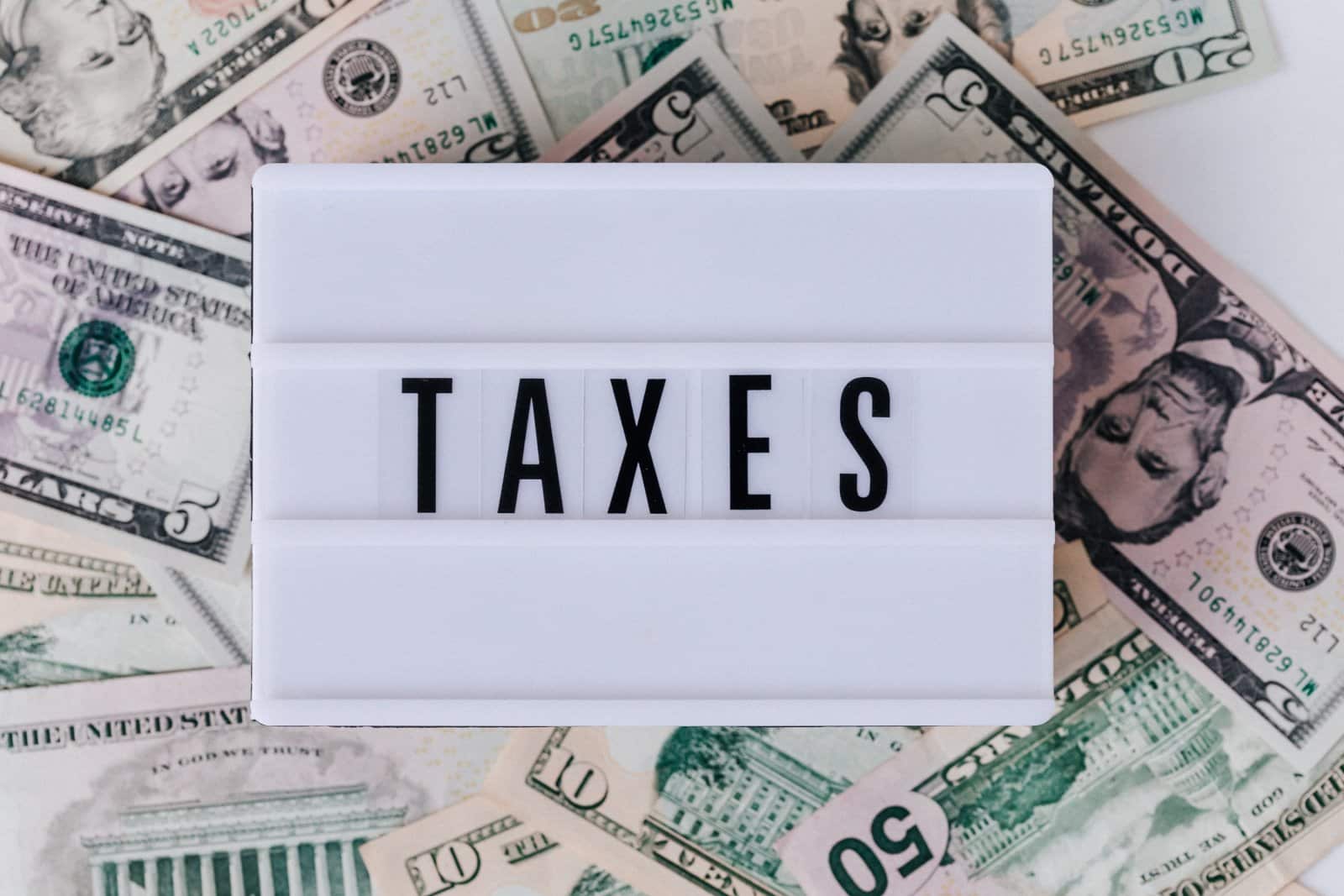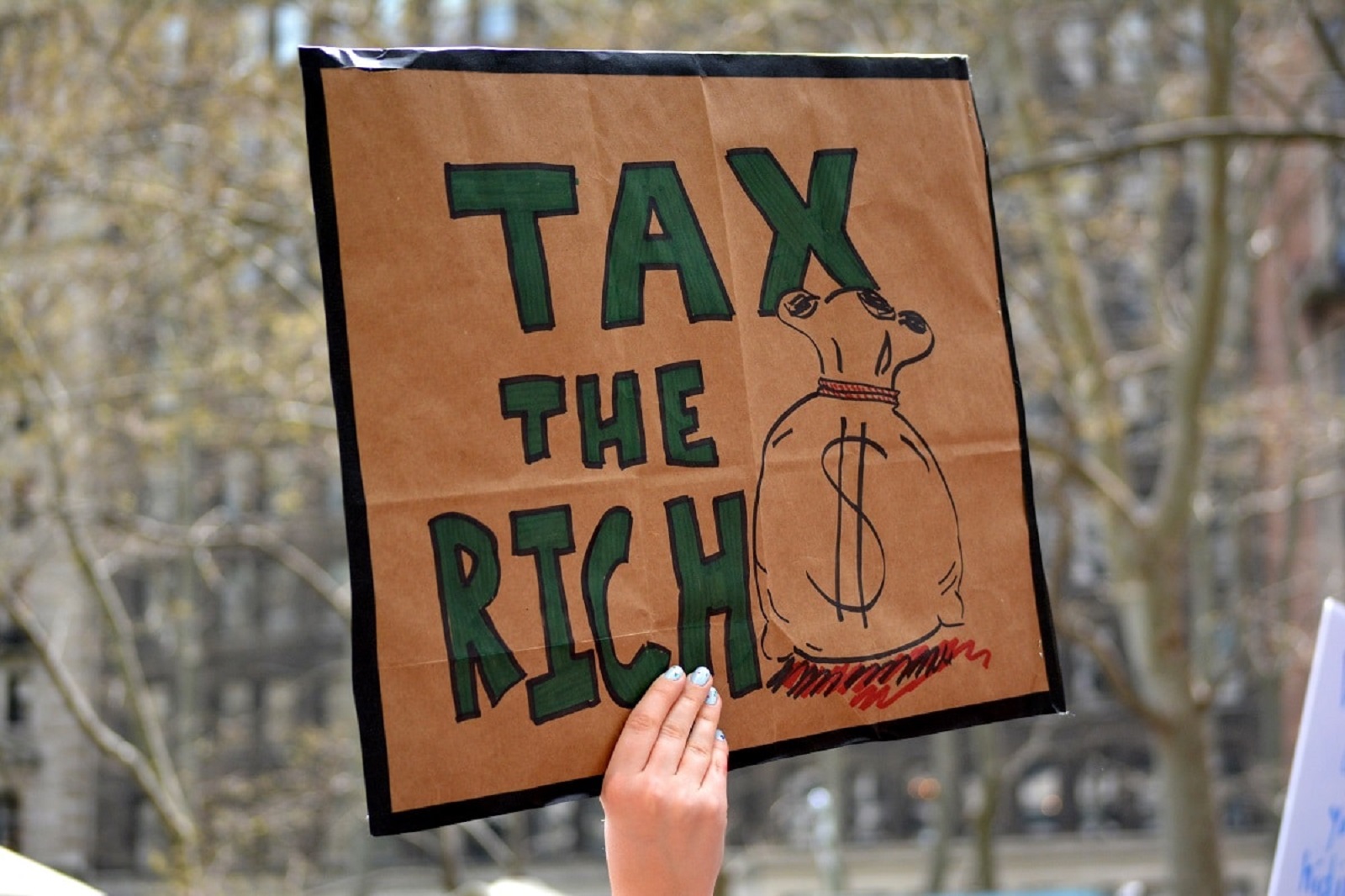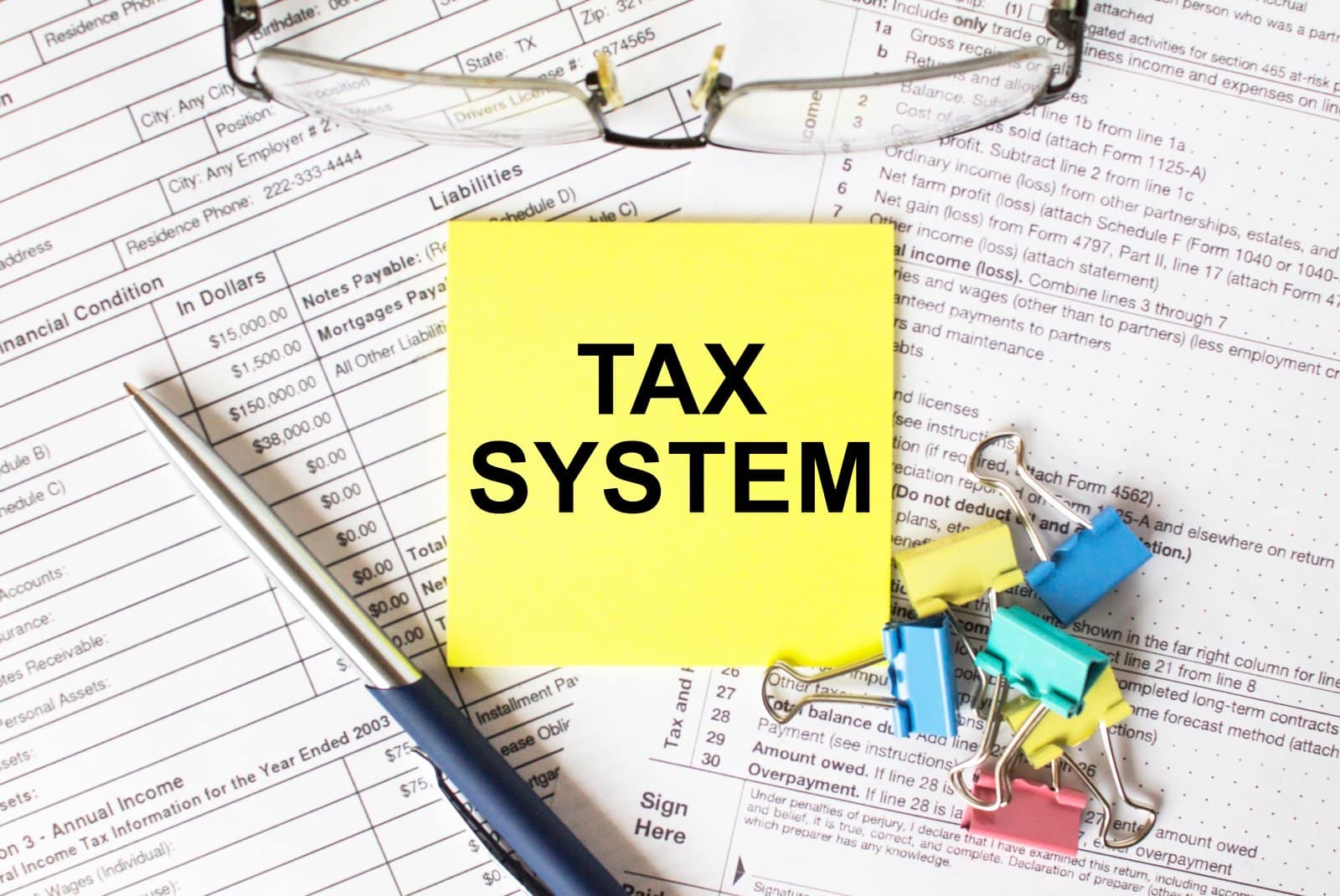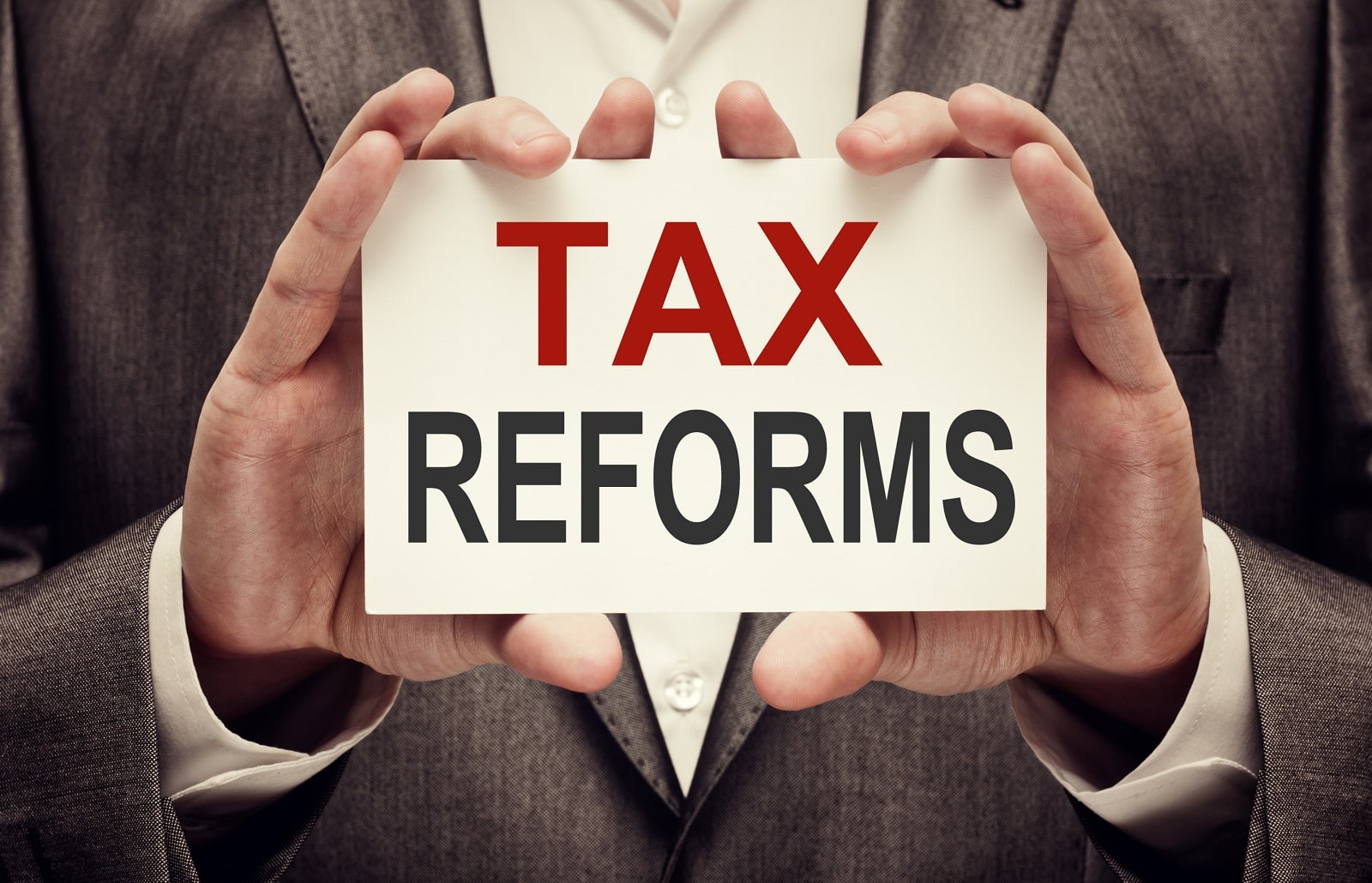Across America, states are taking aim at the wallets of the wealthy. From California to New York, proposals for wealth taxation are making waves. With millions at stake, these states are poised to tap into the fortunes of the elite.
California’s Wealth Tax Proposal

California leads with proposals to tax its approximately 160 billionaires and sizable millionaire population, estimated at over 1.3 million individuals.
Vast Reservoir of Wealth

With a total combined net worth of over $4 trillion among its wealthiest residents, California plans to tap into this vast reservoir of wealth to address fiscal challenges and income inequality.
New York’s Push for Taxing the Rich

New York is targeting its significant number of high-net-worth individuals, including approximately 120 billionaires and a substantial millionaire population of over 400,000 individuals.
More Than $3.5 Trillion

With a combined net worth surpassing $3.5 trillion among its affluent residents, wealth taxation will be one way in which the state generates additional revenue without burdening lower-income earners.
Illinois Joins the Fray

Illinois is also set to tax its wealthy residents and corporations, leveraging its status as home to numerous millionaires and billionaires.
With over 130,000 millionaires and a growing billionaire population, Illinois wants to bolster revenue and promote equity in wealth distribution through progressive taxation measures.
Maryland’s Wealth Tax Ambitions

Maryland is targeting high-net-worth individuals and corporations among its affluent population, including over 200,000 millionaires.
With a total combined net worth exceeding $700 billion among its wealthiest residents, Maryland is looking to address income disparities as well as fund critical public services through progressive taxation measures.
Washington’s Wealth Tax Controversy

In Washington state, where wealth tax proposals face constitutional constraints and concerns over economic feasibility, advocates have their sights on high-net-worth individuals, including a notable millionaire population of over 140,000 individuals.
Despite these challenges, the potential revenue from tapping into this untapped wealth surpasses $1.5 trillion.
Hawaii’s Unique Approach

Hawaii is also exploring taxing its affluent residents and businesses, leveraging its appeal to high-income individuals.
With over 10,000 millionaires and a growing billionaire population, the state aims to invest in infrastructure and environmental conservation efforts through progressive taxation measures targeting untapped wealth estimated at over $200 billion.
Connecticut’s Wealth Tax Experiment

Connecticut is targeting its wealthy residents and corporations, which includes a substantial millionaire population of over 100,000 individuals.
With a total combined net worth exceeding $400 billion among its wealthiest residents, Connecticut plans to address income disparities in the state and fund critical public services through progressive taxation measures.
Examining State Wealth Distribution

Analysis reveals significant wealth disparities in states with high concentrations of millionaires and billionaires.
A wealth tax has the potential to tap into these high-net-worth individuals and corporations and potentially provide substantial revenue gains.
Funding State Projects

Projections indicate these substantial revenue gains can be used to fund infrastructure, education, healthcare, and social welfare programs.
Challenges and Criticisms

Despite the perceived benefits, substantial challenges and criticism surround wealth taxation, including constitutional constraints and economic distortions.
Concerns about tax evasion and compliance pose challenges to effective implementation and enforcement.
Counterarguments and Advocacy

Advocates defend wealth taxes as necessary tools for promoting social justice and funding essential public services.
However, challenges remain in designing equitable tax policies that promote inclusive growth and economic opportunity.
Political Dynamics

Partisan divides continue to shape the conversation surrounding wealth taxes, reflecting differing views on taxation and economic policy.
Achieving consensus in such a polarized political environment is proving to be difficult for many states.
Public Reaction

Public reaction varies, reflecting diverse perspectives on taxation, income distribution, and government priorities.
Public Engagement Is Necessary

The debate highlights the importance of public engagement and democratic deliberation in shaping tax policy decisions.
Future Outlook

While the future of state wealth taxation remains uncertain, policymakers continue to navigate legal, economic, and political challenges.
Progressive states, in particular, are pushing the boundaries of traditional tax policies, seeking innovative solutions to address income inequality and fund essential public services.
Testing State Power

As they forge ahead with wealth tax proposals, these states are shaping the national conversation on taxation and testing the limits of state power in redistributing wealth.
The outcomes of these efforts will likely have far-reaching implications for the future of fiscal policy and economic equity in the United States.
The post States Benefit from Taxing the Rich first appeared on Swift Feed.
Featured Image Credit: Shutterstock / Christopher Penler.
The content of this article is for informational purposes only and does not constitute or replace professional financial advice.
For transparency, this content was partly developed with AI assistance and carefully curated by an experienced editor to be informative and ensure accuracy.

